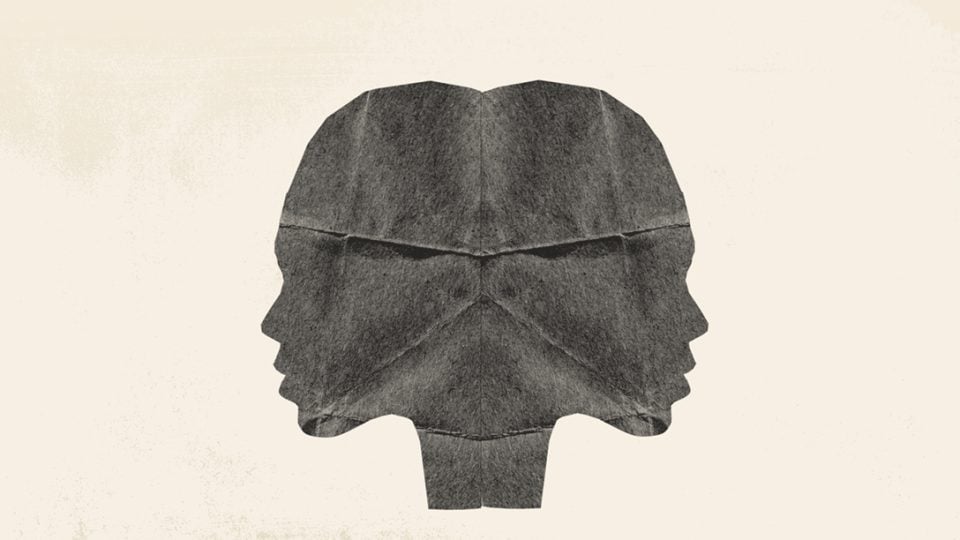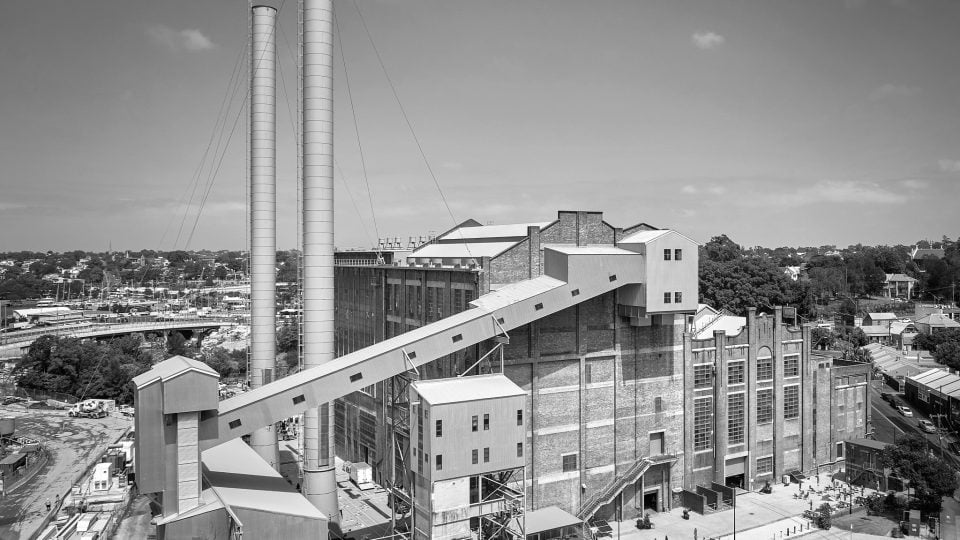History versus memory, and memory versus memorylessness. Rememory as in recollecting and remembering as in reassembling the members of the body, the family, the population of the past.
– Toni Morrison, Mouth Full of Blood: Essays, Speeches, Meditations by Toni Morrison, 2019. London: Penguin Random House, p. 323.
A means of revisiting, reconstructing, and reclaiming histories that have been erased or repressed, Rememory signifies the intersection of memory and history, where recollection becomes an act of reassembling fragments of the past—whether personal, familial, or collective. The 25th edition of the Biennale connects the delicate space between remembering and forgetting. By engaging with Rememory, artists from across the world and within Australia will highlight marginalised narratives, share untold stories, and inspire audiences to rethink how memory shapes identity, and belonging, and strengthens the understanding and recognition of the histories and connections that form the contexts and pillars of community.
Unlike traditional ideas of memory as simply “remembering,” rememory delves into the fragmented and forgotten parts of history. In Toni Morrison’s work quoted above, this concept challenges the dominant narratives of American history by bringing attention to African American experiences and stories often left untold.
The 25th edition reimagines Morrison’s idea of rememory through the presentation of contemporary art, music, storytelling, and cultural engagement within the context of Sydney, Greater Sydney, and the diasporic communities calling this unceded land home. Through the defiant act of sharing, seeing, and understanding, artists and cultural practitioners participating in this edition explore the hidden effects of history and how it continues to shape the present in an evolving and consuming conversation. Rather than focusing on linear storytelling, the edition will highlight how we can become active participants in retelling our collective histories by revisiting and reinterpreting past events.
Rememory celebrates the diverse contexts, understandings, and experience of humanity by inviting artists to reflect on their own roots while engaging with Sydney and its surrounding communities and histories. The edition will feature works that explore migration, exile, and belonging, giving voice to stories from Aboriginal communities and the divergent diasporas that shape Australia today. A dedicated program for children and young audiences will provide space and exploration for these stories to be passed on to the next generations.
Rememory will platform creative, non-hierarchical methods of storytelling, including micro-broadcasting and sharing circles. Through self-authorship and embodied practices, the exhibition seeks to amplify marginalised voices and create new ways of engaging with history. It encourages audiences to rethink what they know about the past and embrace a world where memory is shared and made collectively.
As observed by documenta 11 curator Okwui Enwezor, the postcolonial world is not distant or disconnected; it is a place of connection and shared experiences. It is where diverse cultures come together to imagine new meanings and systems for preserving memory in today’s rapidly changing world.


